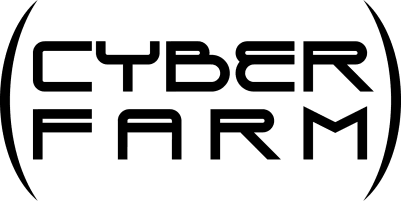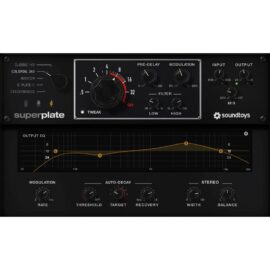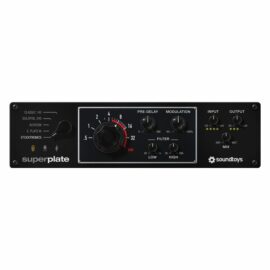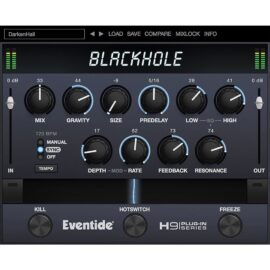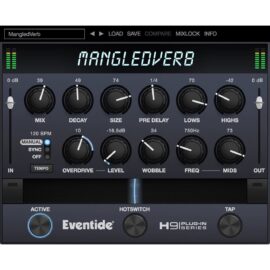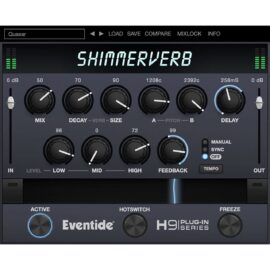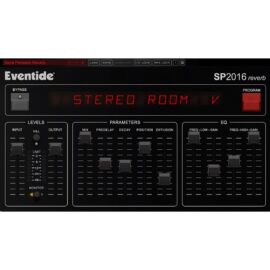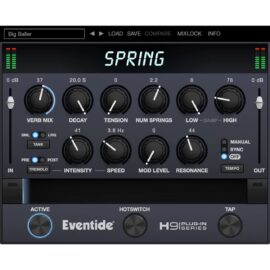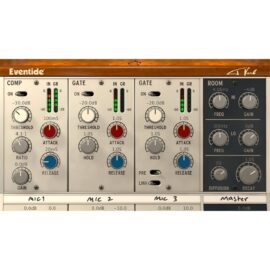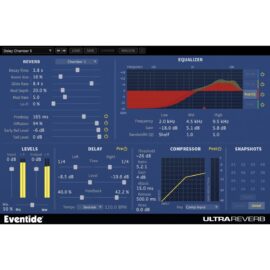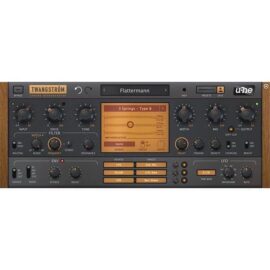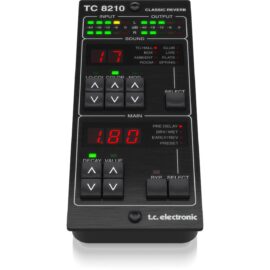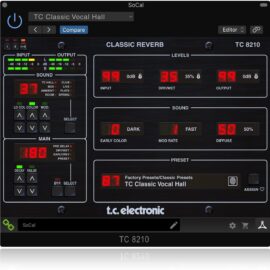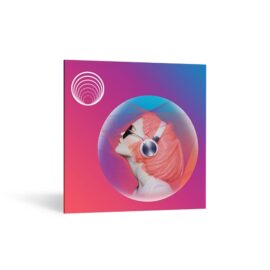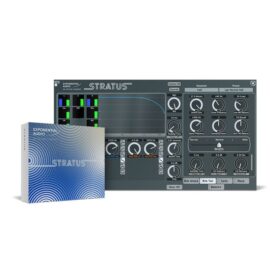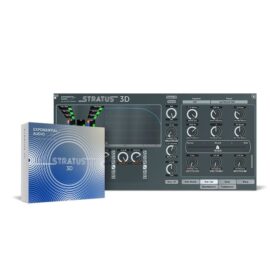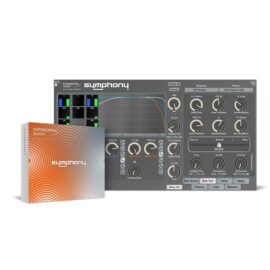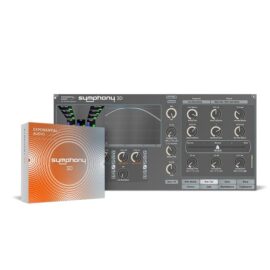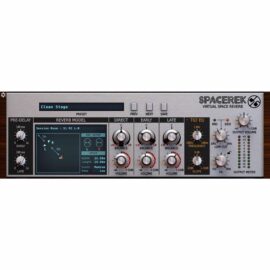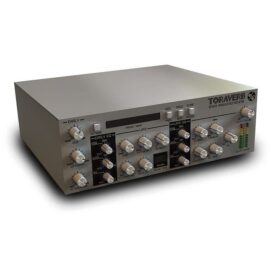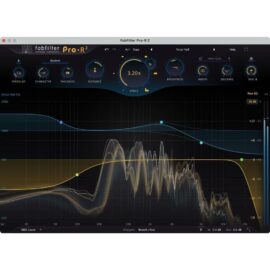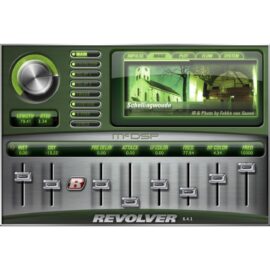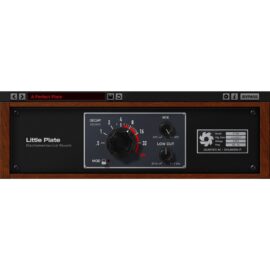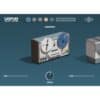Reverb
Reverb, or timbre, is a fundamental part of the sound world. It adds depth, spaciousness and atmosphere to any recording. Professional sound studios and home studio amateurs both make use of this powerful effect, but how is reverb used and what can it actually do to the sound? Let's explore the magic of reverb, its uses and some of the considerations involved in using it.
Why is Reverb important?
Reverb is the acoustic phenomenon where sound is reflected and spread in a room after it has been produced. It occurs naturally in any physical environment, from large concert halls to small bathrooms. Reverb is important because it adds a sense of space and location to a sound recording. It can make a song sound like it was recorded in a cathedral or in a small, intimate room, and this atmosphere can be crucial to the listening experience.
Using Reverb in professional sound studios
In professional sound studios, reverb is an indispensable part of sound production. Here it is used to:
Add Space:
Professional sound engineers use reverb to give instruments and vocals a spacious sound. This can create a sense of depth and dimension to the recording, making it more engaging.
Customize Genres:
Reverb is used differently depending on the genre of music. For example, a classical orchestral recording might benefit from a long, natural reverb, while a modern pop production might use only a little reverb to keep the sound dry and clean.
Highlight Audio Elements:
Reverb can be used to emphasize certain sound elements in a song. This makes it possible to give the vocals a special place in the mix or create a dreamy atmosphere around the instruments.
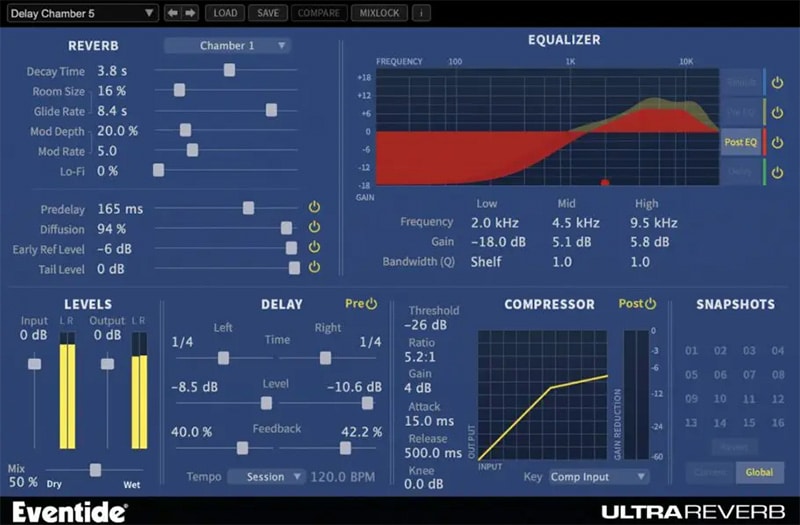
Reverb in home studios
In the home studio, you should also have access to reverb, although it may not be as advanced as in professional settings. The use of reverb in home studios has some advantages and challenges:
Advantage:
Creative Freedom:
Home studios allow you to experiment and find your own unique sound signature with reverb. You can adapt it to your preferences and musical goals.
Budget-friendly:
There are many affordable reverb plugins and devices available for home use, so you don't need to invest in expensive studio equipment.
Pitfalls:
Overuse:
A common mistake is to overuse reverb, which can lead to a muddy or fuzzy sound. It is important to practice and fine-tune the reverb settings to avoid this.
Treatment and Acoustics:
Home studios usually do not have the acoustics found in professional studios. This can affect how reverb behaves in the room and requires careful acoustic treatment.
Reverb is a versatile effect that can transform the sound in different music genres and production contexts. In pop ballads, reverb often plays a central role by adding an ample amount of reverb to the vocals. This creates a sense of intimacy and drama in the song, which can intensify the emotional connection between the listener and the artist. Reverb in this context acts as a creative tool to convey the message of the lyrics in a deeper way.
In rock music, the use of reverb can vary considerably depending on the subgenre. Some rock styles use reverb on the drums to create a spacious and powerful sound that fills the room. On the other hand, certain rock subgenres eschew reverb in order to achieve a dry and aggressive sound that suits their energetic expression. Here, reverb shows its versatility by adapting to different musical needs.
Finally, in electronic music, reverb is a crucial effect used to create futuristic and spatial soundscapes. Especially on synthesizers and effects, reverb is used to give the sound a sense of depth, spaciousness and movement. This helps to create a hypnotic and atmospheric sound experience that characterizes many electronic music styles.
In all these examples, reverb demonstrates its power to shape the sound and influence the listening experience. However, the use of reverb requires careful consideration and tuning to achieve the desired sound result, as it can have a decisive influence on the mood and character of the music.
About Reverb
Reverb is a magical ingredient in the world of audio production. It can add depth, character and a sense of location to footage. Whether you're a professional sound engineer or a keen amateur, it's important to understand how to use reverb correctly to achieve the desired result. With careful practice and experimentation, you can bring your audio recordings to life and create a unique sonic identity.
